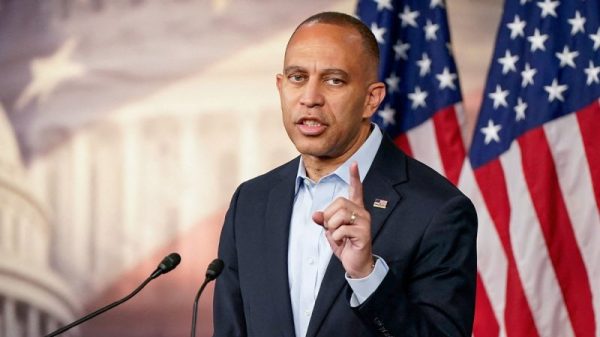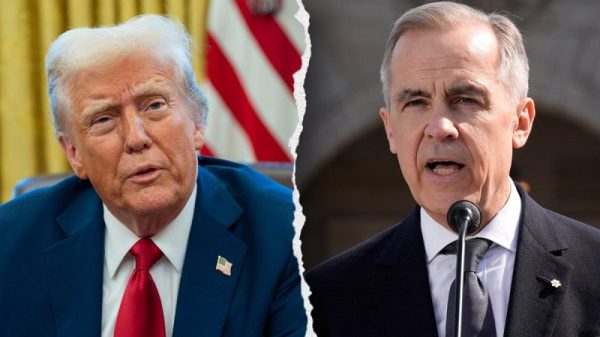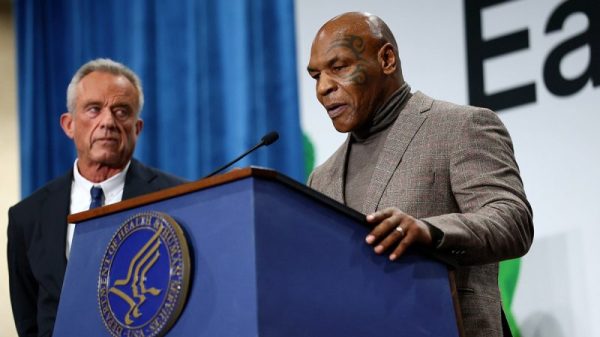A recurrent trope in American politics is that the American dream — the ability to go from rags to riches — is dead (or dying). That trope has been made so many times before that its current iteration is not particularly novel. But thanks to a couple of recent advances in data science, it might become so again.
The first is the “Great Gatsby Curve” — a term popularized by Miles Corak — which shows the link between a country’s income inequality and the likelihood of its residents to experience upward mobility. Being born into wealth means you can easily tap into your family’s financial resources to grasp opportunities that might otherwise be out of reach. Conversely, those from poorer backgrounds are restricted by their limited means. Consider the example of education as a pathway to earning more than one’s parents. If the financial burden of education weighs more heavily on the poor due to the need of forgoing years of income and having minimal savings, then the wealthy are in a better position to invest in their education. Ergo, charts representing the relationship between income inequality and income mobility across generations tend to show a strong correlation. Since American inequality is believed to be on the rise, mobility must be waning.
The second is from the work of Raj Chetty (and many others who teamed up with him). Creating a rich dataset of mobility of individuals in the United States across generations, Chetty argued that social capital — the connections we share with each other — is a crucial determinant of mobility. As measures of social capital appear to be falling since the 1970s, it is easy to make the connection to falling intergenerational income mobility (something that Chetty himself has documented).
Both of these schools of thought, however, fail to consider one of the recurrent counters made regarding the failing American dream: that institutions matter. Multiple scholars have emphasized that intergenerational mobility can be heavily affected by institutions that encourage entrepreneurship, that increase the returns to efforts and that secure the rights to the fruits of those efforts. This is “economic freedom,” and it acts as a lure that motivates attempts at jumping up the income ladder. Simultaneously, economic freedom also entails that incumbent firms and businesses should not be protected from competition or be given special privileges. This amounts to stating that no “legalized” castes or privileges that cement existing socioeconomic statuses and limit intergenerational mobility should exist. The ability to contest incumbent players, which is what economic freedom secures, is thus a key ingredient of greater intergenerational income mobility.
This frequently stated counter has not been updated to respond to the newest iteration of the “American dream is dying” argument. In a recent working paper with Alicia Plemmons and Justin Callais, I decided to make such an update to account for the great data advances of the last decade. More specifically, we used the data assembled by Raj Chetty and his team in conjunction with the estimates of economic freedom in the different metropolitan areas in the United States. Our goal was simple: set up a horse race between economic freedom and the other variables and see which horse runs the fastest.
Our results show that economic freedom is a potent determinant of intergenerational income mobility. A person born in the economically freest quartile of metropolitan areas experiences between 5 and 12 percent more intergenerational income mobility. This effect is systematically larger than the effect of income inequality (something that echoes earlier work using international data by Justin Callais and myself). It is also stronger than all but one of the measures of social capital that Raj Chetty and his team used.
It could well be true that the American dream is dying as many pundits claim. Even though I personally doubt it, the remedy remains the same as it was before: Bet on the “economic freedom” horse.





































